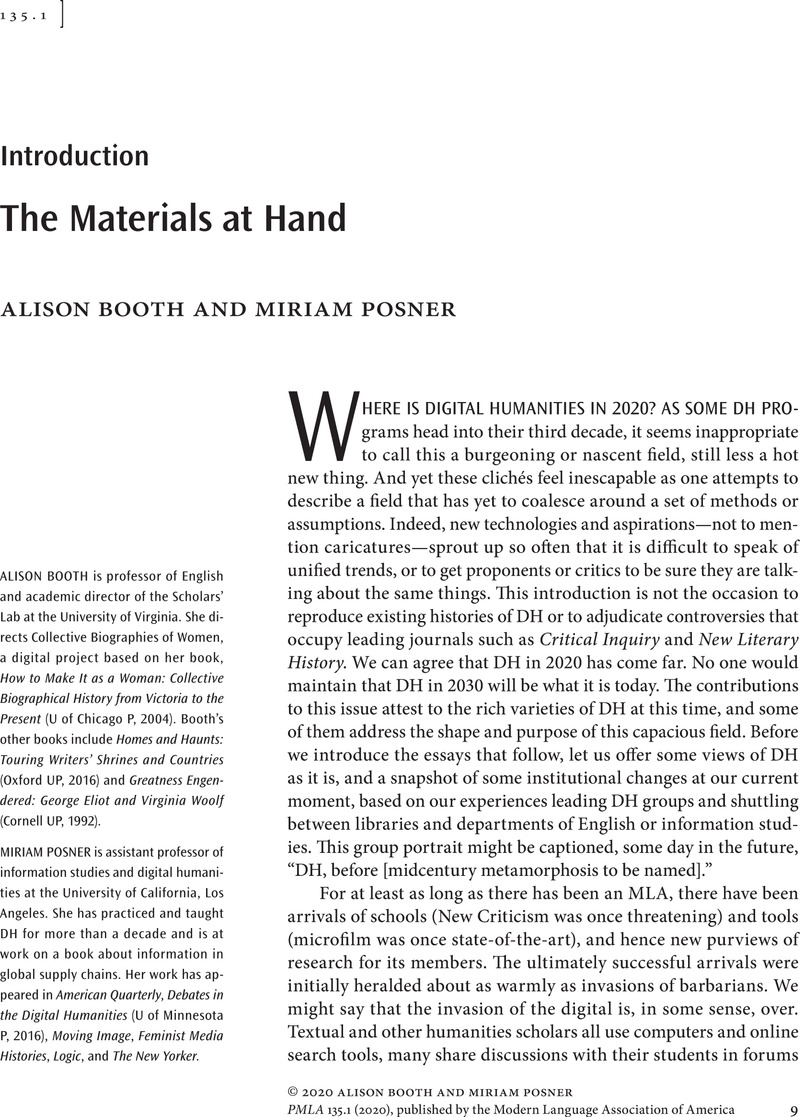Crossref Citations
This article has been cited by the following publications. This list is generated based on data provided by Crossref.
Wakelin, Daniel
2021.
A New Age of Photography: ‘DIY Digitization’ in Manuscript Studies.
Anglia,
Vol. 139,
Issue. 1,
p.
71.


